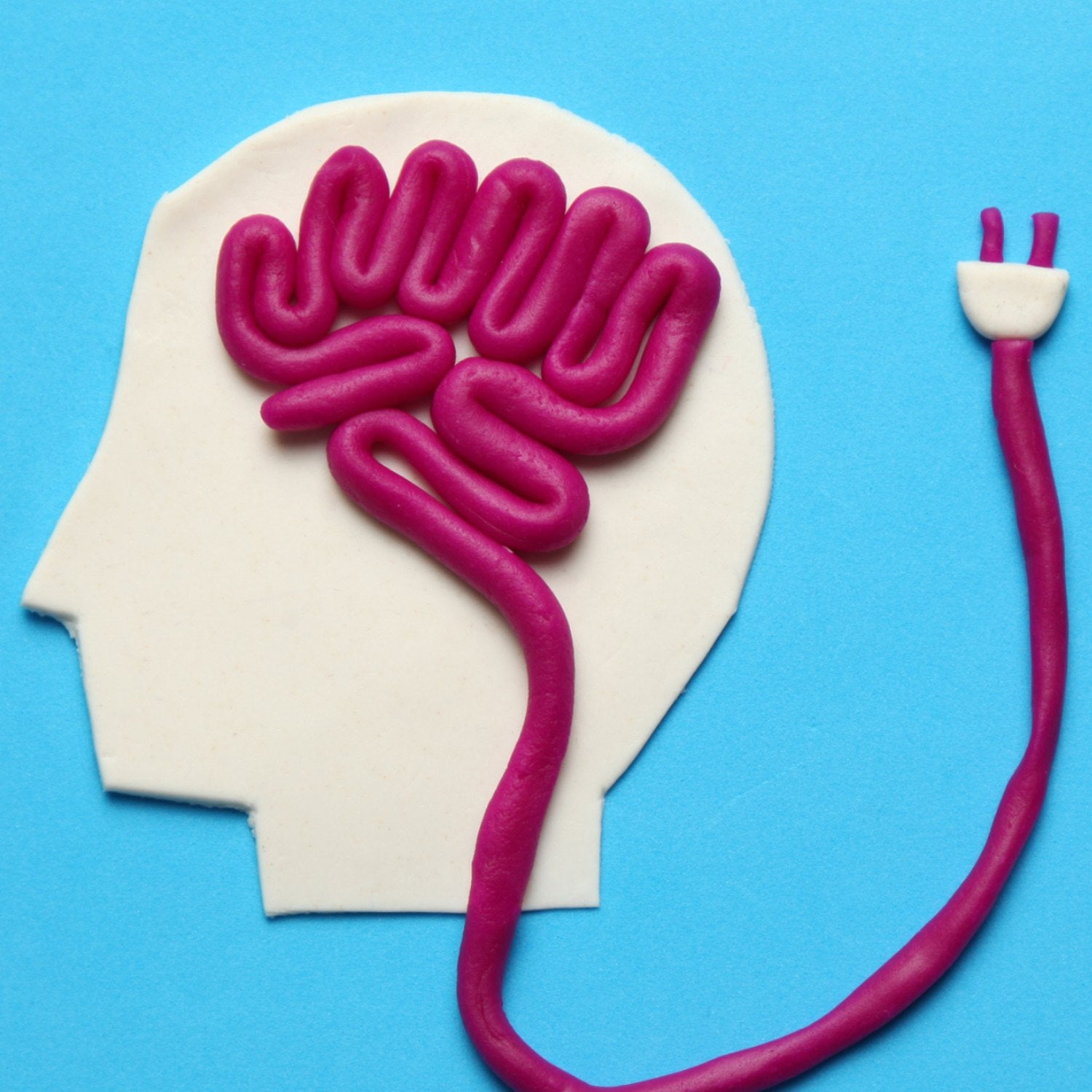If you have a strong sweet tooth, you might recognize the feeling of being out of control around processed, sugary foods. Sometimes it can feel like your brain is demanding sugar, and you just can’t say no – and you’re certainly not alone.
A 2023 by the found that foods high in sugar and fat can actually rewire the brain to need more in the future. Researchers explained that after regularly consuming sugar, the brain learns to prefer it over whole foods like proteins and vegetables.
The study consisted of one group who, in addition to their regular diet, ate a small pudding cup every day for eight weeks. A second group was given a small pudding cup with the same amount of calories, but with less fat and sugar. The result? The first group’s brains were triggered to activate their dopaminergic system – a part of the brain that controls the feeling of reward.
“Our measurements of brain activity showed that the brain rewires itself,” leader of the study Marc Tittgemeyer says in his . “It subconsciously learns to prefer rewarding food. Through these changes in the brain, we will unconsciously always prefer foods that contain a lot of fat and sugar.”
Tittgemeyer hypothesizes that, even after the study, participants in the first group will most likely continue to crave sugary, high-fat foods.
“New connections are made in the brain, and they don’t dissolve quickly,” he says. “After all, the whole point of learning is that once you learn something, you don’t forget it.”
The question is, can you retrain your brain to break the sugar and fat dependence? A team of scientists at the attempted to answer just that. The experiment and study, published in the , focused on a brain training computer game meant to target the part of the brain that controls impulses, like eating sugar. The idea was to train this impulse-inhibiting section of the brain to decrease the reliance on addicting, processed foods.
The computer game, called Diet DASH, had players move through a grocery store collecting fruits, vegetables, whole grains, and proteins in their cart while ignoring the sugary selections. Points were awarded for healthy options and were deducted for sweets. The study’s leaders hypothesized that daily and repetitive training on making healthy choices, even in a video game, might alter someone’s habits in real life.

Participants in this experiment were instructed to play the game for a few minutes each day for a total of six weeks, then once a week for the next two weeks. When the study concluded after eight weeks, participants had lost an average of 3.1 percent of their body weight. While there’s no direct evidence that Diet DASH was singularly responsible, game players reported they enjoyed incorporating it into their routine and hoped to continue the training. As of today, the computer game has not been made available to the public.
While we wait in anticipation for more games like Diet DASH to be released, there are additional methods of breaking the sugar dependency that can be helpful as well. The Cleveland Clinic suggests focusing on a balanced diet with filling servings of protein, fruits, vegetables, and high-fiber foods. Another tip is to have consistent meals throughout the day, as skipping meals can lead to sugar binges. Last but not least, exercise daily. Movement the craving for sugary snacks.
An important thing to note is that little changes make a big difference in your overall health. Everyone’s bodies are unique and will respond to these methods differently, so create sustainable habits that work for you.


